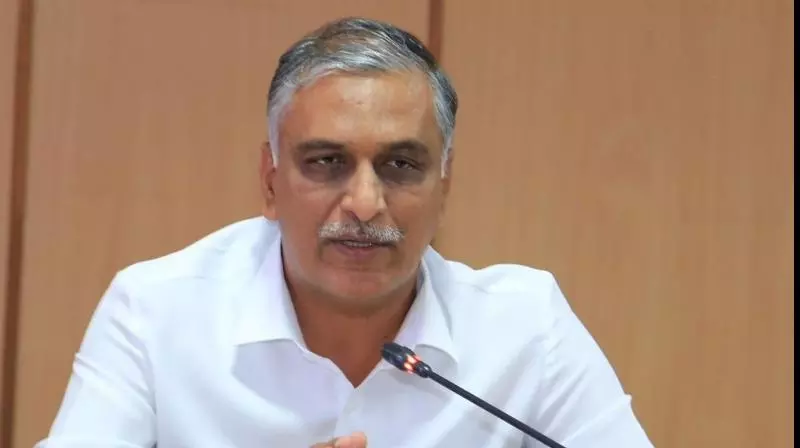What does it mean to witness war from a distance? To scroll past stories of loss while seated in comfort, cradled by safety? That privilege is a call. To listen, to amplify, to never let comfort dull the edges of empathy. War is not between nations alone. It is waged in bodies, homes, and histories. In that spirit, CE brings you a reading list — from memoirs and historical reckonings to war diaries and fiction set in World War II, India, and beyond. These books confront the trauma, erasure, and resilience that follow in war’s wake.
Bhangya Bhukya, professor of History, University of Hyderabad and Author

Recommendations:
When Hitler Stole Pink Rabbit by Judith Kerr
Why? Explaining the Holocaust by Peter Hayes
The Diary of a Young Girl by Anne Frank
The Other side of Silence: Voice from the Partition of India by Urvashi Butalia
The Untold Charminar: Writings on Hyderabad by Syeda Imam

Captain P Rajkumar (retd), former Indian Navy pilot and Shaurya Chakra recipient

Recommendations:
Cost of War by Simran Randhawa: It is a personal and moving account of love, loss, and resilience. “It tells the story of Major SJS Randhawa, an Indian Army officer who died in service and was posthumously awarded the Kirti Chakra. Just as much, it is about the family he left behind — his wife Romi (RJ) and their daughter. It also captures the transformation of Romi into Lt Col Ravinder Jit Randhawa — from a grieving wife to the first war widow to join the Indian Army as an officer.
1971: Stories of Grit and Glory from the Indo-Pak War by Maj Gen Ian Cardozo:
“In 1971, Maj Gen Ian Cardozo shares untold stories of bravery and sacrifice from one of South Asia’s most important wars. Through interviews with survivors and families, the book brings to life acts of courage: a Gorkha battalion’s heliborne assault behind enemy lines, Indian Air Force raids over Dhaka, and the INS Khukri captain who went down with his ship.”

Gautam Bhatia, a science fiction writer and the author of The Sentence

Recommendations:
The most famous example of ‘war novel’, which I personally love a lot, is All Quiet on the Western Frontby Erich Maria Remarque. It is written from the point of view of a young German soldier in the trenches of World War I, and begins with the lines “This book is not an accusation. It is not a defence. And it is least of all an adventure.” Based on Remarque’s own experiences on the front, it’s an indictment of the futility of war.
Tomorrow They Won’t Dare to Murder Usby French novelist Joseph Andras, tells the story of the only pied noir who was executed by the French State for supporting the FLN’s war of independence against French colonialism. It is a searing indictment of imperial justice and the weaponisation of law in the context of an armed struggle for independence. Also on the subject, Assia Djebar’s Algerian White is a story of how the newly-independent Algerian state decays into internal violence, and the destruction of the dreams of those who fought for it.

Dr Rolla Das, coordinator of the English and Cultural Studies Department, Christ (Deemed to be University), Bengaluru

Recommendations:
1984 by George Orwell: This book is recommended due to the author’s comments against totalitarian regimes, particularly how truth is misrepresented.
Other Lives by Iman Humaydan Younes: This book is about the Lebanese Civil War. It is recommended because it portrays a woman’s representation and experience of the war. It is quite poignant in the way it deals with the ideas of belonging and identity.
The Shadow Lines by Amitav Ghosh: This is set against the backdrop of multiple wars. It tries to establish a socio-political and historical connection between the lines which connect these wars. It explores what it means for nations to think about themselves and how the characters carry the wars through memories.

Ghazala Waj, Editor

Recommendation:
The Many Lives of Syeda X by Neha Dixit:
Award-winning journalist Neha Dixit traces the story of one such faceless Indian woman, from the early 1990s to the present day. What emerges is a picture of a life lived under constant corrosive tension.

Aabha Muralidharan, Researcher
Recommendations:
Do You Remember Kunan Poshpora? (Published by Zubaan Books)
A Desolation Called Peace edited by Ather Zia and Javaid Iqbal Bhat
Languages of Belonging by Chittralekha
Shadows at Noon by Joya Chatterjee
Night of Broken Glass by Feroz Rather
The Collaborator by Mirza Waheed
The World With Its Mouth Open by Zahid Rafiq

Radhika Ganesh, cultural-political activist
Recommendation:
Those Who Stayed: The Sikhs of Kashmir by Bupinder Singh Bali:
This is a poignant exploration of the Sikhs of Kashmir, their past, present and uncertain future, offering a deeply human perspective on a people often overlooked in mainstream narratives.

Ahmad Parvez, musician
Recommendation:
Rumours Of Spring by Farah Bashir
As Indian troops and militants battle across the cityscape and violence becomes the new normal, a young schoolgirl finds that ordinary tasks like studying for exams, walking to the bus stop, combing her hair, falling asleep are riddled with anxiety and fear. This coming-of-age memoir portrays how territorial conflict surreptitiously affects everyday lives in Kashmir.

Note: This list includes diverse perspectives on war’s human impact, with titles chosen for their literary, historical, or testimonial value. As with all conflict narratives, we encourage readers to approach them with critical empathy.






